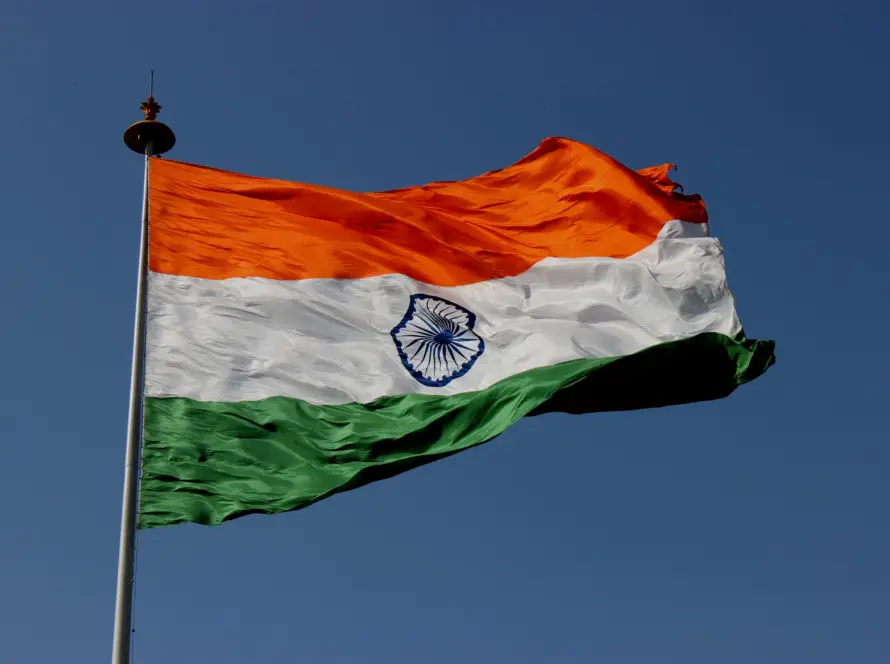Generated by Contentify AI

The Influence of Gandhi: Nonviolent Resistance and Political Change
Mahatma Gandhi, a prominent figure in India’s struggle for independence, left a lasting legacy through his advocacy of nonviolent resistance. Gandhi’s philosophy of Satyagraha, which translates to “truth force,” emphasized the power of passive resistance as a means to achieve political change. His influence extended far beyond India, inspiring civil rights movements and political leaders worldwide.
Gandhi’s use of nonviolent protests, such as marches, boycotts, and hunger strikes, proved to be powerful tools in challenging unjust laws and oppressive regimes. By refusing to respond with violence, he effectively demonstrated the moral superiority of nonviolent resistance. This approach not only enabled him to mobilize the masses but also attracted global attention to the cause of Indian independence.
Gandhi’s principles of nonviolence and civil disobedience continue to resonate today, serving as a blueprint for peaceful resistance in the face of injustice. His unwavering commitment to his ideals and willingness to endure hardship for the greater good set a precedent for future generations of activists and leaders. Through his tireless efforts, Gandhi proved that lasting political change can be achieved through nonviolent means, leaving an indelible mark on the history of social movements worldwide.



